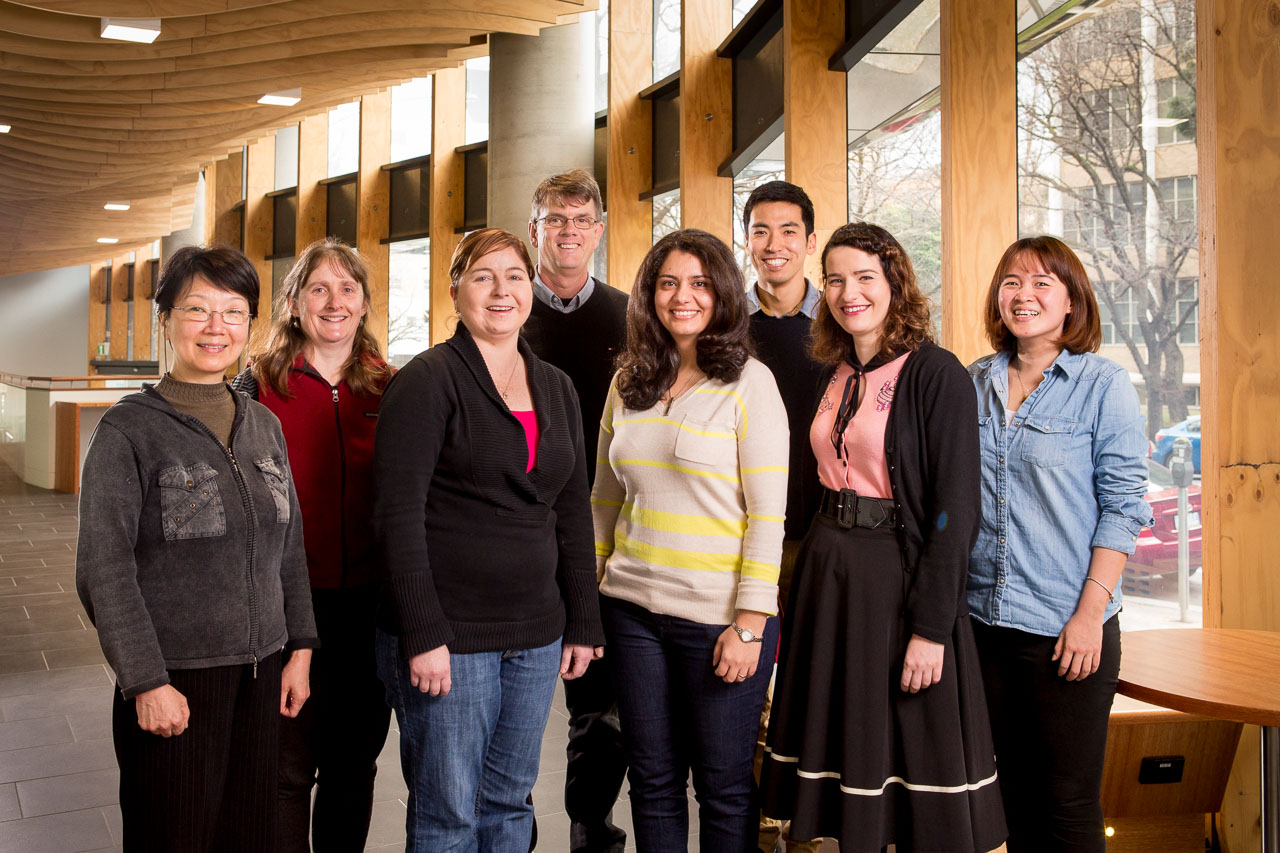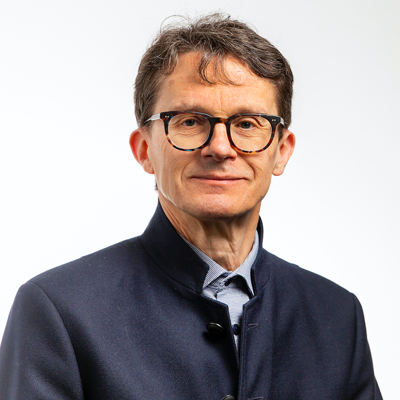-
Research Groups
Clinical Research
-
Heath Group
Bill’s group’s cellular immunology research currently focuses on understanding killer T cell function with particular reference to improved vaccination strategies and understanding malarial disease.
Other work areas include:Immunology
Current Projects
-
Malaria and tissue resident memory T cells (TRM) in the Liver
Tissue resident memory T cells (TRM) are a newly described subtype of memory CD8 T cells that do not recirculate, but remain in the organ they formed in long after infection has been cleared. By staying in the area most likely targeted by the pathogen in subsequent reinfections, TRM have the potential to elicit faster, more focused responses than recirculating memory T cell subsets.
Bill’s group’s research focuses on the study of liver TRM and their contribution to protection against parasite infection, with the aim of exploring new ways to control liver stage malaria based on the enhancement of TRM function.
-
Preventing malarial disease development through liver resident memory
Malaria is a deadly disease that causes more than 600,000 deaths each year, the majority in children. Currently there is no effective vaccine for malaria, though several are in development. Recent work has identified a population of long-lived memory cells that are tissue resident tissue-resident memory (TRM). This population appears to provide the first and best line of defence against infections in peripheral tissues such as the skin. Bill’s group has evidence for a resident population of CD8 T cells in the liver and is now examining their potential in protection against malaria sporozoite infection.
-
Intravital imaging of malaria-specific T cell responses in the brain (in conjunction with the Muelle
Activated CD8 T cells play a critical role in murine experimental cerebral malaria associated with Plasmodium berghei infection. The mechanism underlying cerebral malaria pathogenesis is not well understood. To address this, Bill’s group has developed a novel system to image the brain in live animals undergoing malarial infection using 2-photon laser scanning microscopy.
Lab Team

-
Melanie DamtsisResearch Assistant
-
Senior Research Officer
-
Senior Research Officer
-
Senior Research Officer
-
Lauren HolzResearch Officer
-
Zhengyu (Jeff) GePhD Candidate
-
Yu Cheng (Gordon) ChuaPhD Candidate
-
Thiago Maass SteinerPhD Candidate
-
Shirley LeMasters student
-
Dunstan Group
Sarah’s group is using host and pathogen genomics to better understand infectious diseases. They perform genome-wide association studies of the host, genomic studies of the pathogen, and investigate the interaction of both genomes in tuberculosis, enteric fever and malaria patients.
Other work areas include:Enteric infections, Tuberculosis
-
Mueller Group
Research in Scott’s group is focused on examining immune responses to both acute and chronic viral infections. A particular emphasis on T cell responses and interactions with antigen presenting cells and lymphoid tissue stromal cells is currently driving the group, as well as an interest in neuro-immune interactions.
Other work areas include:Immunology
-
Rogerson Group
Stephen’s laboratory studies the pathogenesis and immunology of infection with the malaria parasite Plasmodium falciparum in humans. Their laboratory studies are linked to field studies, and they collaborate with leading malaria groups in Africa, Asia and Papua New Guinea.
Doherty Institute researchers have long standing collaborations with malaria researchers in Papua New Guinea, Malawi and Indonesia. They study the effects of malaria infection on pregnant women, their babies, and young children, including studies of new drugs to prevent malaria in Papua New Guinea and Malawi. Working with Malawian clinicians and scientists, they study immune responses in children with severe and uncomplicated malaria. The Doherty is leading a new Centre for Research Excellence in Malaria Elimination, focused on the Asia-Pacific Region. The CRE’s broad aim is to find better tools to detect, prevent and treat malaria in vulnerable groups.
Now recruiting volunteers
There are currently no Now recruiting volunteers
Current projects
There are currently no Current projects
-
Malaria kills
500,000 people
globally each year






